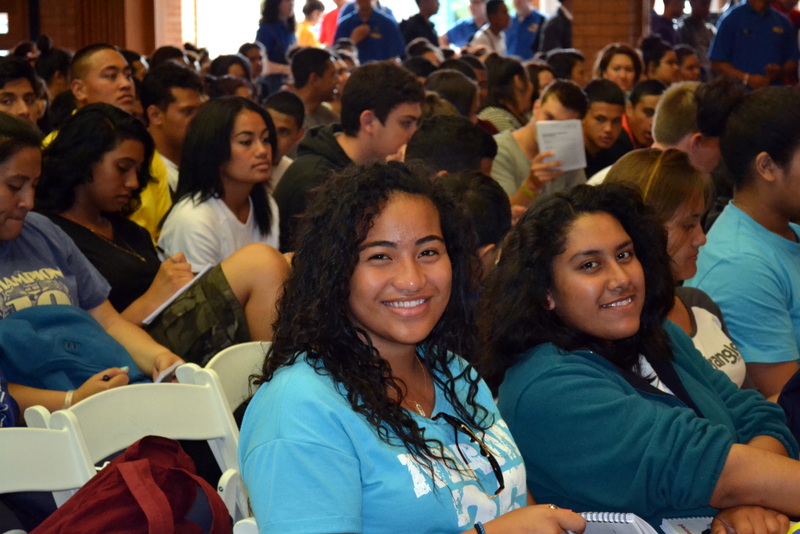Andrew Bonallack, editor of the Wairarapa Times-Age, wrote recently about religion in schools. In particular, whether or not religious instruction should be provided in New Zealand schools.
What should also be considered is the approach taken by history, social studies and other curriculum writers (and the teachers who use their text books) with respect to the role and value of religion in society. So, while instruction that advocates particular religions is not appropriate in public schools, it certainly expands our view of world cultures and history to show the extraordinary influence of religion in human affairs.
Elder Dallin H. Oaks, an apostle in The Church of Jesus Christ of Latter-day Saints, spoke about this recently at a Becket Fund for Religious Liberty event in New York City. Though his example cites studies in the United States, the principles involved are applicable everywhere:
“A generation ago, an influential public education group joined others in calling for action by educators, textbook publishers, and civic leaders to halt what they called the ‘rigorous exclusion’ of religion from school textbooks and curricula. Scholars of education advise me that the current problem is not so much the ‘exclusion’ of religion, but its presentation in a critical or biased way that minimizes its influence. The American Textbook Council surveys the most widely used American and world history textbooks. Their 1995 report con¬tained this description:
‘The strength of religion in shaping human thought and action is not often explained, and its role as a motivating agent of culture, politics, and ethics often remains under examined. . . . Religion in the contemporary world is discussed by region, out of context, and often in oblique and misleading ways.”’

Without singling out any one religious tradition, educators have the opportunity to help children see the value of religion in society. Have some people professing faith acted poorly, sometimes disgracefully, throughout history? Absolutely. This too should be examined. But not at the expense of an objective look at the contributions of religion and people of faith throughout history and today.
The ideal place for this to take place is in the home and at church. But educators can assist by providing lesson materials and learning experiences that enable children and youth to determine for themselves the role and value of religion in society.